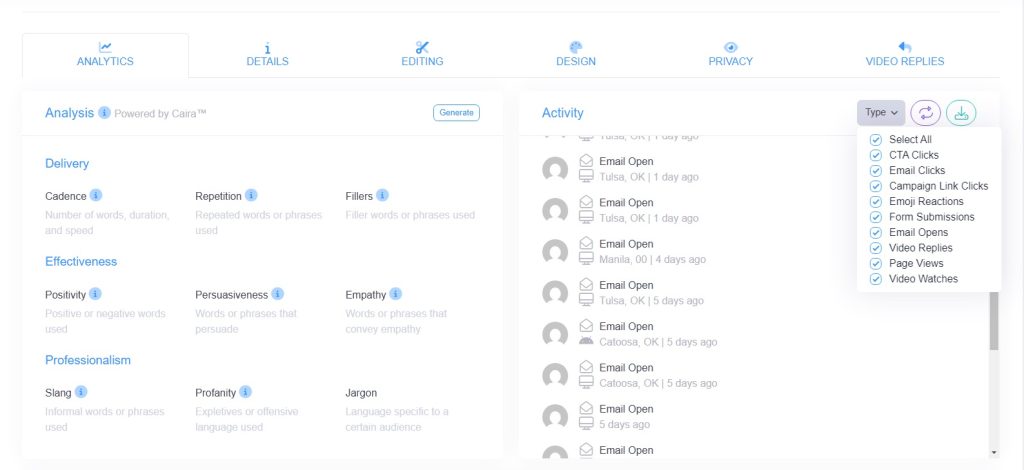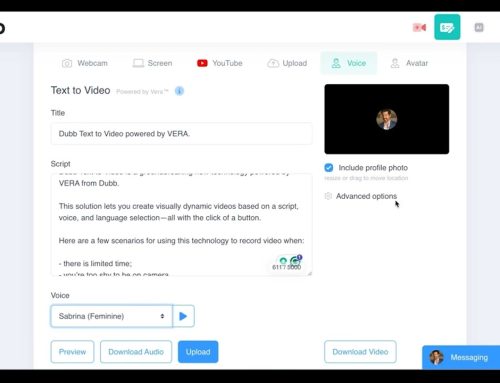Every time I make a business decision, I ask myself one question: is this based on real insights or just a gut feeling? In sales, relying on instincts alone is like driving blindfolded. That’s where analytics and reporting come in—they turn guesswork into a clear roadmap for success.
Table of Contents
- Why Analytics and Reporting Matters in Sales Performance
- Key Metrics You Should Track
- The Role of Real-Time Analytics
- How Reporting Enhances Team Performance
- Using Dubb to Optimize Your Sales Analytics
- Conclusion: Make Data-Driven Decisions
Why Data Matters in Sales
Think about the last time you lost a deal. Was it because you didn’t follow up quickly enough? Or maybe the prospect wasn’t engaged? Without a structured way to analyze sales data, you’ll never know. Data-driven sales strategies allow you to:
- Identify trends and patterns in buyer behavior.
- Adjust messaging based on engagement levels.
- Predict which prospects are most likely to convert.
Key Metrics You Should Track
Not all data is useful. The trick is knowing which metrics actually matter. Some of the most important include:
- Conversion Rates: How many leads turn into paying customers?
- Engagement Metrics: Are prospects opening emails, watching videos, or clicking links?
- Response Times: How quickly is your team following up on inquiries?
- Pipeline Velocity: How fast are deals moving through your sales funnel?
Tracking these metrics ensures you’re not just busy—you’re productive.
The Role of Real-Time Analytics
Imagine sending out a proposal and knowing exactly when your prospect opens it. That’s the power of real-time analytics. With tools like Dubb, you can:
- Get instant notifications when a video is watched.
- See where engagement drops off, so you can tweak your message.
- Track which calls-to-action (CTAs) drive the most responses.
Sales isn’t just about making calls—it’s about making smart calls at the right time.
How Reporting Enhances Team Performance
Sales managers often struggle with holding their teams accountable. Traditional reports tell you what happened in the past, but live dashboards show what’s happening right now. By analyzing individual and team performance, you can:
- Reward high performers.
- Provide coaching to those who need it.
- Set realistic goals based on actual data, not assumptions.
Using Dubb to Optimize Your Sales Analytics

Dubb isn’t just a video platform—it’s an analytics powerhouse. Here’s how it helps sales teams:
- Video Analytics: See who watched your videos, how long they watched, and what they did next.
- CRM Integration: Sync data with your existing tools for a 360-degree view of your pipeline.
- Custom Reports: Generate insights tailored to your specific sales process.
Instead of guessing what works, you’ll know exactly what drives results.
Conclusion: Make Data-Driven Decisions
Analytics and reporting aren’t just buzzwords—they’re the backbone of a successful sales strategy. The more you understand your data, the more control you have over your results.
Ready to take your sales analytics to the next level?
Get 7 Days Free Trial on Dubb and start making data-driven sales decisions today.



Leave A Comment